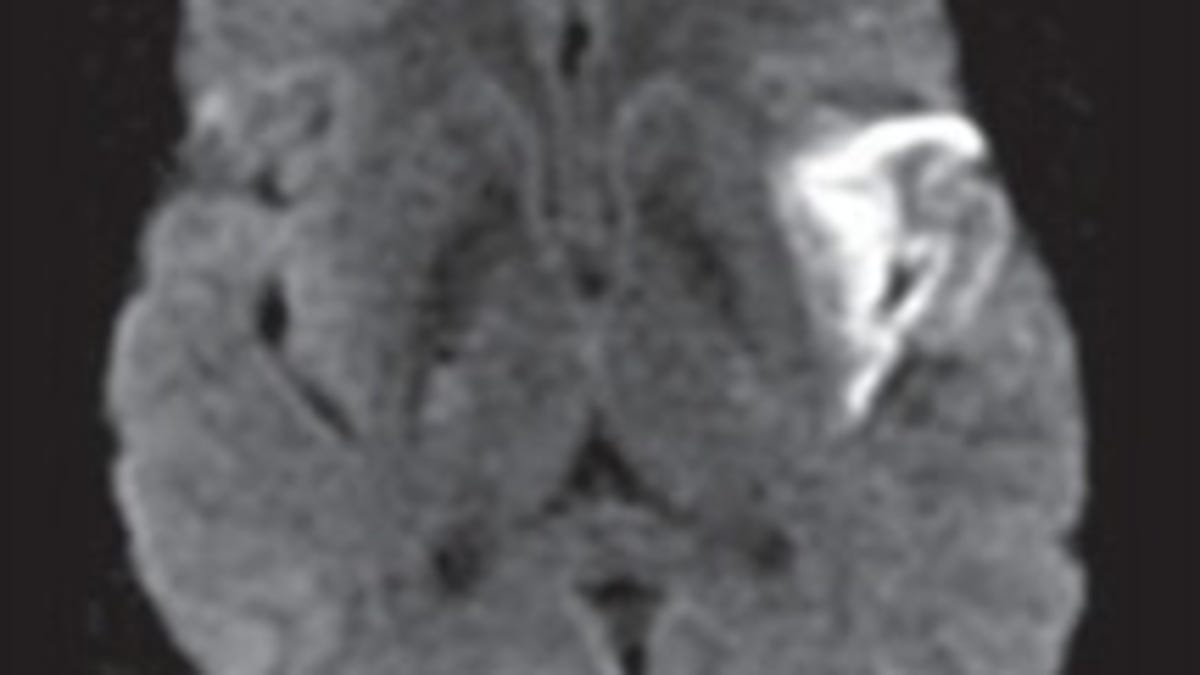'Dystextia': Muddled texts can signal stroke, doctors say
While anyone who texts has probably sent or received weirdly illegible messages at some point, Harvard researchers point to garbled texts as one possible indicator of neurological problems.

Most of us have sent a garbled text or two (or dozens) in our day, and probably received more than our share as well. But such disoriented messages can in some rare cases move beyond the parlance of speedy modern-day communication to signal a health emergency, Harvard scientists caution.
In a study published online in the Archives of Neurology last week, the researchers coin the term "dystexia" to describe a confused text message that may indicate neurological dysfunction.
They cite the case of a 25-year-old pregnant woman who sent her husband a series of confusing messages about their baby's due date following a routine doctor's appointment.
Him: So what's the deal?
Her: Every where thinging days nighing
Her: Some is where!
Him: What the hell does that mean?
Him: You're not making any sense.
Concerned, the husband rushed his wife to the emergency room, where doctors determined she was having a stroke and suffering from dysphasia (also known as aphasia), an impairment of communication abilities common to brain injury and even complex migraine headaches.
Fortunately, the woman was treated and quickly recovered from the episode, with no evidence the stroke had harmed the fetus. The doctors credit her texts with being one piece of useful data that helped identify what type of stroke had hit.
"In this case, the availability of texting may have been particularly valuable, because the patient's hypophonia (a weak voice due to lack of coordination in the vocal muscles, in her case from a cold) likely prevented early detection of her dysphasia," Arvind Ravi, Vikram Rao, and Joshua Klein of Harvard Medical School wrote in the study, titled "Dystextia: Acute Stroke in the Modern Age."
They think there's a good chance text messages will increasingly play a similar role.
"The growing digital record will likely become an increasingly important means of identifying neurologic disease, particularly in patient populations that rely more heavily on written rather than spoken communication," the doctors wrote.
With so many distracted texters punching away while walking and driving, it's easy to joke that an SMS survey would show a preponderance of digerati suffering from a neurological impairment. Then there's autocorrect, which can "give the false impression of a language disorder," Klein told NPR. "In our patient's case, autocorrect had been previously disabled on her mobile device."
But while the Harvard doctors caution that dystextia alone is not necessarily cause for alarm, they do say it can be a useful sign when taken in the context of the sender's usual communication style, as well as other possible symptoms.
Indeed, earlier today, we reported on a similar case in which a British woman, upon feeling dizzy and beginning to fall unconscious, posted a disoriented call-for-help Facebook update that may have saved her life. She is also believed to have suffered a stroke, a condition where early diagnosis and management are considered key.

